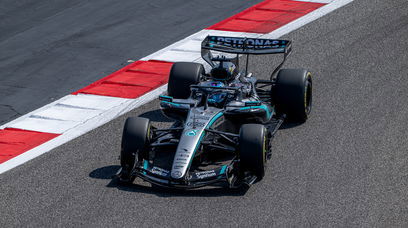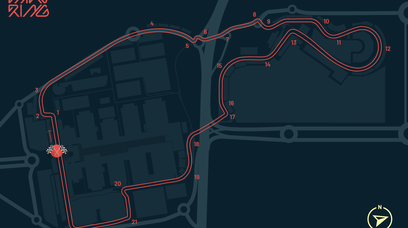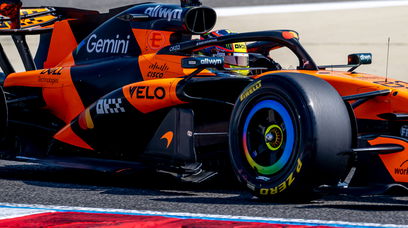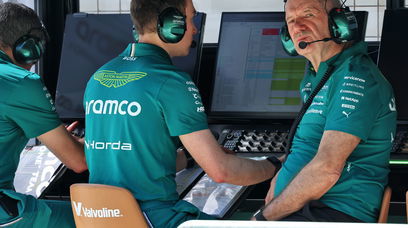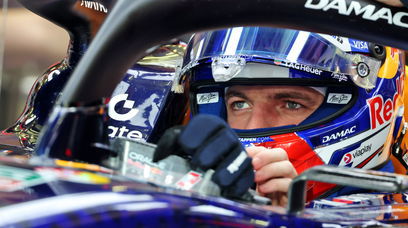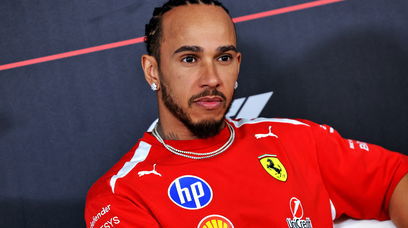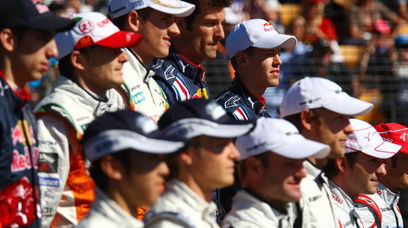The FIA single-seat commission president Bob Fernley has said that Romain Grosjean’s accident at the Bahrain Grand Prix last year has ended all debate about whether open cockpit racing series should use the halo device to protect drivers. Speaking to RacingNews365.com , Fernley said that initially he, like many others in the sport including Grosjean himself, were opposed to the halo on the grounds that it diluted the open cockpit nature of the racing, the Bahrain accident had proven its worth for driver safety. “My position at the time was very much that it's an open cockpit series. And as such you need to be able to see the driver and see what he's doing all the things that go with it, which is, you know, for me what single seater racing is all about. The Grosjean accident for me eliminates any arguments whatsoever down that road,” Fernley said. “Without the halo, we would not have Romain Grosjean with us today, I don't think.” The former Force India team principal said that as a result of Grosjean’s accidents and other incidents such as the crash which led to the death of F2 driver Antoine Hubert at Spa in 2019 had also led to renewed focus on safety in junior series and the need to improve specific parts of the cars such as side structures. “The second generation Formula 4, because F4 is the only single seater series at the moment within the FIA that does not have the halo. So the second generation F4 car is now being introduced in 2022 with the halo. Following the Grosjean incident, there are a number of other things that have come out, which will be adopted across the different formats, including Formula 1,” he said. “So that, again, they're addressed now that the investigation is coming to a close. And there are a couple of examples there that will help again, safety, particularly in Formula 4 some of the side impact structures, front ones, once again, we learned from Formula 2 accidents, the Spa incidents, and the like.” “We're always going to improve and that mustn't stop. It is very important that obviously we protect these youngsters.”
Most read
